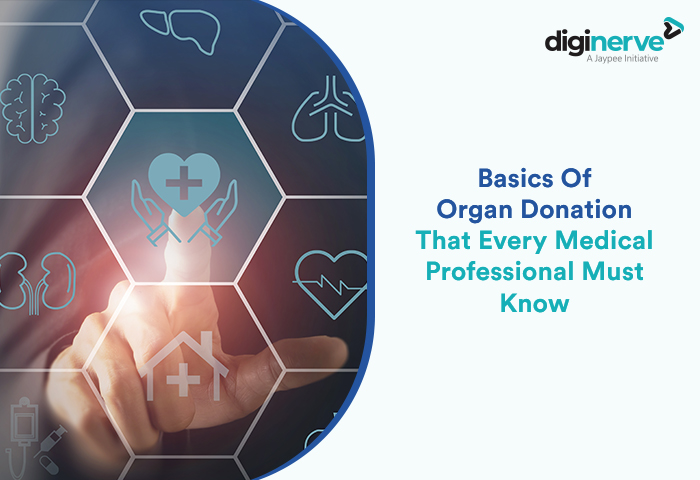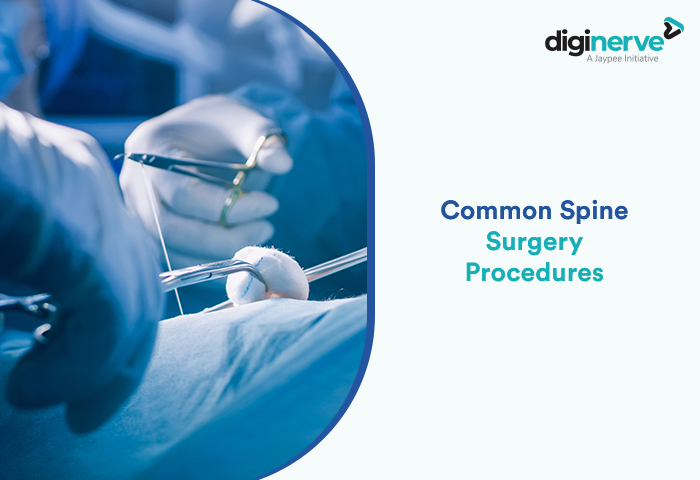Basics Of Organ Donation That Every Medical Professional Must Know

Organ donation is the process of giving your organs or tissues to another person who needs them. This can be done while you are alive or posthumously. The heart, kidneys, liver, lungs, pancreas, and intestines are the organs that can be donated. Tissues that can be donated include the corneas, skin, heart valves, blood vessels, cartilage, and bone. Thousands of people die waiting for an organ transplant, every year. By donating your organs, you can help give someone a second chance at life, and that is why it is so important. Let’s discuss the various aspects of organ donation. Organs that can be donated The act of organ donation is a profound gift that can transform the lives of recipients. Each of these vital organs, when donated, can provide a new lease on life, and offer hope to those in need. The organs that can be donated are: ● Kidneys: One of the most demanded organs for donation. This is because they remove toxins from the body and are vital excretory organs. A p



